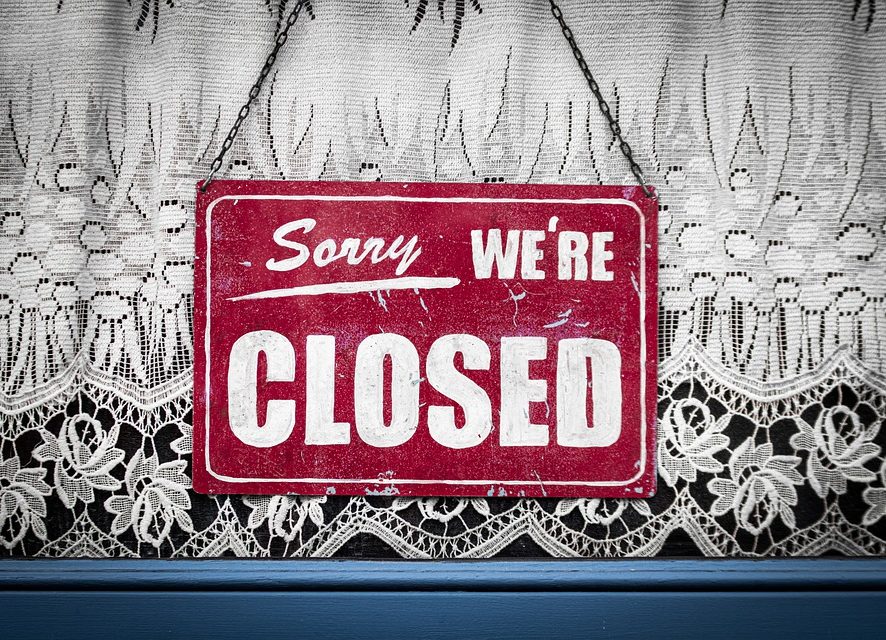It’s a scary time for small to large businesses all around the world due to the coronavirus crisis. If you find yourself worried about your business going under financially you’re definitely not alone. As an attorney who has seen it all–and especially during the 2008 recession–I have lots of advice to share that many of my past clients wish they knew beforehand that would have saved their businesses from going under. Below I will break down some of these concepts.
HOW TO HANDLE YOUR INCOME DURING THE CORONAVIRUS CRISIS
1. One important thing to try and do is keep your business going during the coronavirus crisis. Now, of course, you have to follow the law. And as many countries are being shut down during this time you must adhere to their rules. However, if you can find any way to keep your business alive, DO IT. You have bills and employees and more to pay and you want to be able to reach those goals as best as possible. Also, this can help keep up the moral of your company!
2. This is also a great time to check your line of credit with your bank. This is a great source you can use to help ends meet. However, if you can avoid any credit at this time would be best. But sometimes you have to do what is necessary to survive.
3. Check and see if your business is eligible to apply for an SBA Loan. The U.S. Small Business Administration has an Economic Injury Disaster Loan Program created for small businesses for situations just like this! Also, you might qualify for the Payroll Protection Program, which is a forgivable loan through the SBA to keep your employees on the payroll.
4. Lastly, don’t forget about FEMA. The Federal Emergency Management Administration might have some funding they can grant your business for some of the shortfalls from other programs and disaster loans.
HOW TO HANDLE YOUR EXPENSES DURING THE CORONAVIRUS CRISIS
1. This is where you will want to reevaluate your company’s budget and live within your means during the coronavirus crisis. This will look different for every company. Maybe for your business, it’s laying off some people or cutting down the salaries of your employees. Whatever it may be, always be upfront and honest with your employees and try to find a way that will work for them and you. Remember, they too are scared and are relying on you for their own security as well.
2. Always pay critical expenses. This means the electric, water, gas, essential equipment, license fees, rent, and so on. You might need to contact your utility companies and work on payment arrangements until this is over, but be sure to be proactive and find a way.
3. If you can’t make your mortgage payment or rent contact your landlord about a payment plan. Renting a property is the Landlord’s business. Finding a new tenant at this time will be tough. They would most likely prefer some money than no money.
4. Now more than ever you want to make sure to keep your health and car insurance current in case of any emergencies that may come.
5. If you find yourself not having enough money to pay on all your credit card debts, pay the card with the highest interest first. You can also try applying for a new credit card with zero interest in one year. If that doesn’t work you might have to negotiate a settlement on the outstanding debt after the crisis.
6. At this time the Treasury and the IRS have allowed for a deferment on tax payments during the COVID-19 outbreak. This means that you no longer have to file them until July 15, 2020. However, if your business is entitled to a refund then you will want to file your taxes as soon as possible.
HOW TO GET ALTERNATIVE SUPPORT FOR YOUR BUSINESS
1. This is where you will want to find a law firm that is equipped to handle your business and your needs. After some research and much thought, find a law firm that has a proven track record of helping businesses restructure and negotiate debts with secured and unsecured creditors.
2. If you find yourself in a position where you will need to file for bankruptcy, do your research and find an attorney with extensive experience in filing Chapter 11’s for your business. This will help you eliminate many of your debts and reorganize your cash flow after the crisis.
Disclaimer: Each business and/or individual situation is different and unique. This article is intended to provide you with general advice only and not to be construed as legal advice. If you would like a detailed approach to your particular situation, please contact David J. Winterton & Associates for a consultation to discuss your options.

